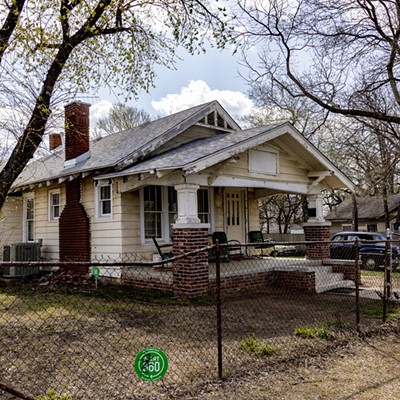Bud Wilkinson engineered a 47-game winning streak as the legendary football coach at the University of Oklahoma.
Now, more than 50 years later, 47 of his personal letters to his son are bound together in Jay Wilkinson’s new book, “Dear Jay, Love Dad: Bud Wilkinson’s Letters to His Son.”
Bud Wilkinson penned dozens of letters to his youngest son, Jay, between 1960 and 1966, when Jay moved to North Carolina to attend college. Some of them were lost, but the 47 that were saved and turned into this book show the former Sooner legend as a mentor, father and intimate communicator with messages that are timeless.
Jay Wilkinson doesn’t glamorize his father in the book, but instead focuses on Bud Wilkinson’s personal words to his son that talk about everything from character, faith and service, to Bud’s unsuccessful run for the U.S. Senate in 1964.
“My hope is that any parent or person in a position of authority, like a teacher or counselor, can gain an insight that the love and support of a person is important,’’ Jay Wilkinson said. “It meant a lot to me to reflect on the letters. He was a great leader and a loving and caring father. My hope is that people will relate to the let ters in their own way.’
“I think those letters had a historical significance for me. I knew they were important. I think I was motivated by that point to keep them and retain them. It was only after I gave a talk about three years ago and went home and re-read them all that I was motivated to do something with them.’’ And while he said he lost many of his father’s letters, the reader gets a feeling throughout the book that there’s a frequency to the correspondence.
In an earlier book by Jay Wilkinson, “Bud Wilkinson: An Intimate Portrait of an American Legend,” he explained what made his dad excel in a number of fields. But in “Dear Jay,” there is no
expository writing; the letters alone offer insight into the coach’s
relationship with his son.
“The biggest challenge was how to organize it in real-time accounts,’’ said Jay Wilkinson, who played football at Duke, where he was an All-American and the Atlantic Coast Conference Player of the Year in 1963. “There are a lot of gaps, but I believe the letters stand on their own.”











